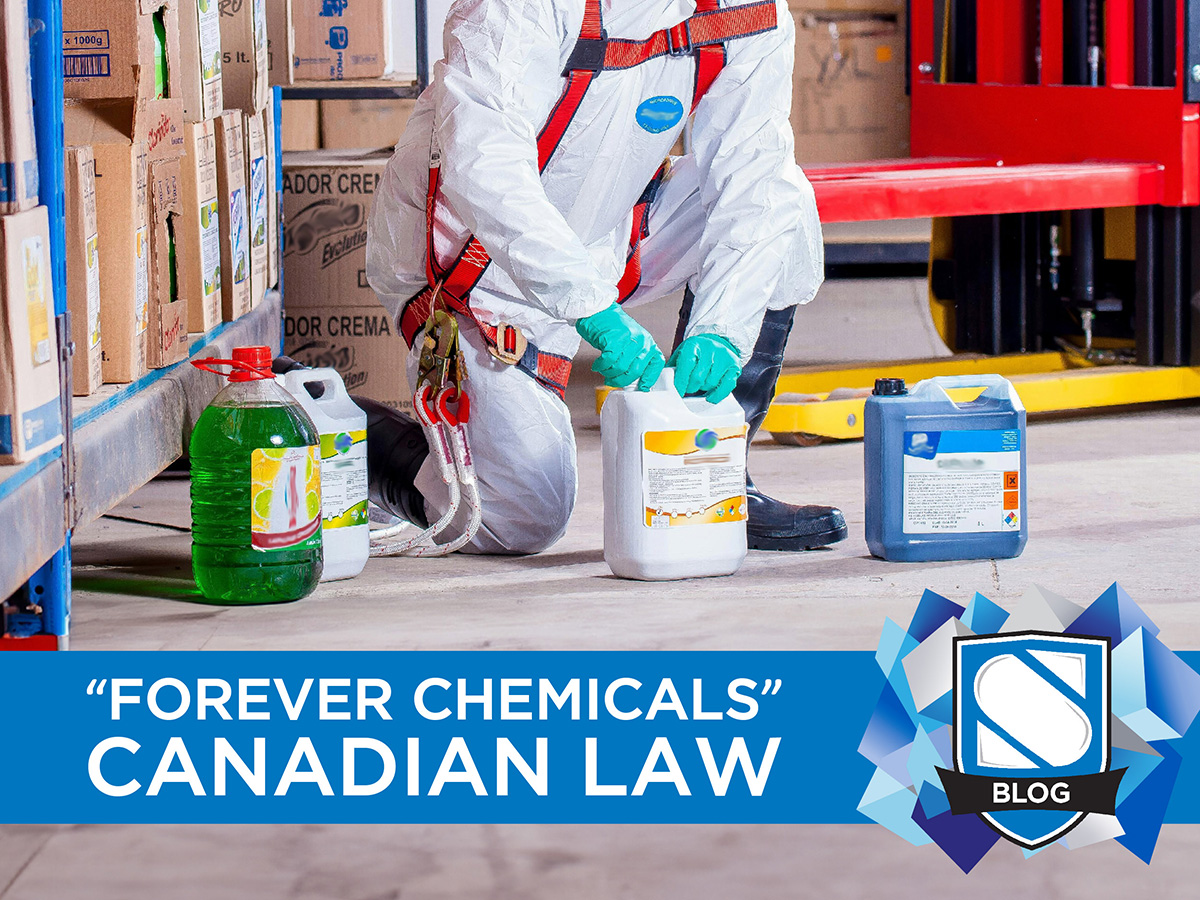Starting in 2025, Canada will require businesses to report the presence of per- and polyfluoroalkyl substances (PFAS), known as “forever chemicals,” in their supply chains. PFAS are persistent, toxic chemicals found in everyday products like non-stick cookware, firefighting foam, and water-resistant clothing. This new law aims to track their use and mitigate environmental and health risks, but it also has significant implications for commercial insurance.
New Reporting Requirements
By January 29, 2025, businesses must report on 312 PFAS chemicals, including details on their quantity, usage, and technical data. Companies will need to trace PFAS through their supply chains and provide detailed information, even if they were unaware of its use in certain products. Failing to comply could lead to legal and financial consequences.
Implications for Directors and Officers (D&O Insurance)
Directors and officers have a legal obligation under Canada’s Environmental Protection Act (CEPA) to ensure compliance with the PFAS reporting requirements. They could face personal liability if they fail to act on the reporting obligations. Therefore, corporate leaders need to ensure thorough oversight and document their due diligence to avoid legal risks.
With increasing lawsuits over PFAS contamination in the U.S., Canada is likely to see similar legal challenges. Businesses may face claims for environmental damage, health effects, and property devaluation, particularly in industries like chemical manufacturing and firefighting equipment. Insurance policies will need to adapt to cover these evolving risks.
Insurance Considerations
Businesses must assess the impact of PFAS-related risks on coverage, especially for product liability, environmental damage, and D&O policies. Businesses should work with their insurance broker to ensure their policies cover the potential liabilities stemming from PFAS exposure. Many insurance policies are introducing standard coverage exclusions for PFAS losses, which will need to be addressed in any situations where a business does have any exposure. Therefore, businesses who have these exposures need to ensure they are having conversations with their insurance provider.
Staebler’s Commercial Insurance Brokers can review your current policies and advise on what’s need to ensure you’re properly covered from a D&O, Product, and Environmental liability perspective.
What Businesses Should Do
To comply with the 2025 deadline, businesses must audit their supply chains, gather necessary data, and consult legal and insurance experts. Directors and officers should oversee compliance to mitigate personal liability. Proactive steps now will help avoid future legal and financial pitfalls. As noted above, businesses should also ensure that they are having these conversations with their insurance broker and advising of any “forever chemicals” involved in their products or processes.
Canada’s new PFAS reporting law introduces complex regulatory and insurance challenges. Businesses must act quickly to ensure compliance and review their insurance coverage to address emerging risks. Failure to do so could result in significant liabilities and legal consequences.
Special thanks to Canadian Underwriter for this topic idea.
. . .
Staebler Insurance is a general insurance broker specializing in car insurance, home insurance, small business insurance, and commercial insurance. Staebler Insurance Brokers proudly serve Kitchener, Waterloo, Cambridge, Guelph, Stratford, Listowel, Fergus, Elora, Wellington County, Perth County, Waterloo Region, the Greater Toronto Area, Golden Horseshoe, Niagara Region, and all over beautiful Ontario, Canada. Get a Quote to get started today.














0 Comments